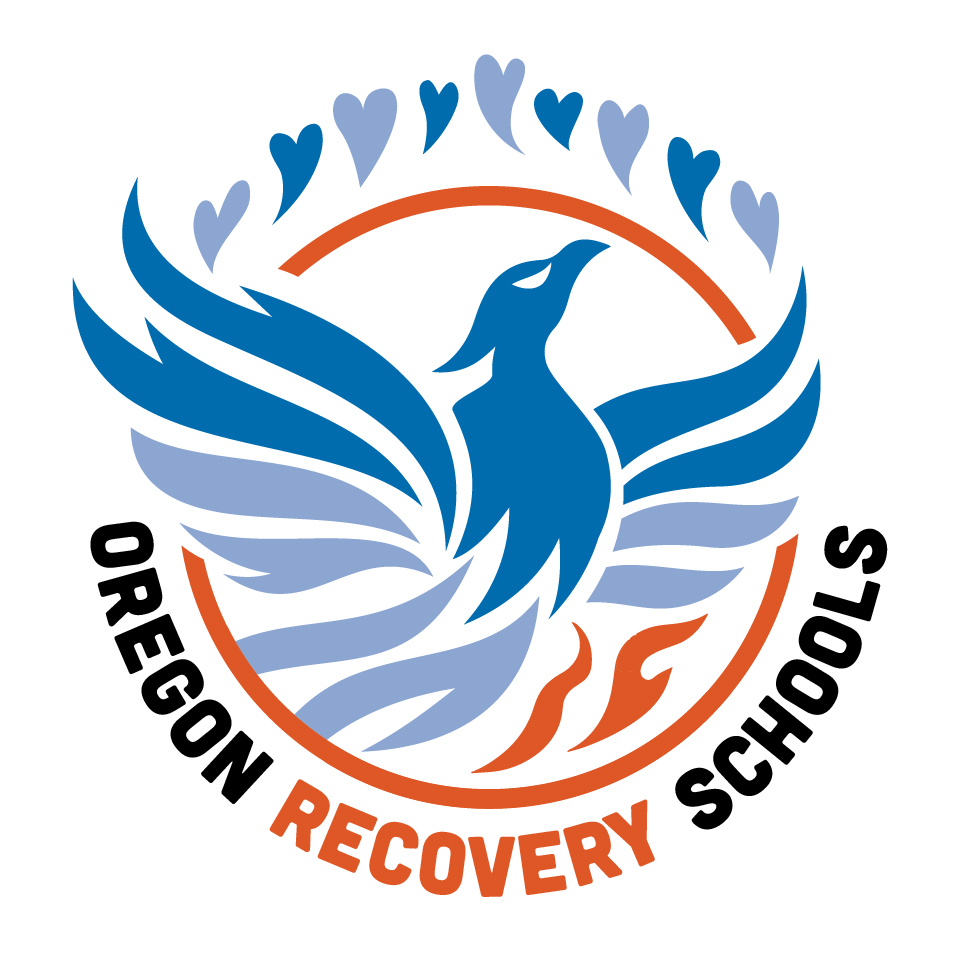Check out this OPB Story about Oregon's Recovery Schools

Recovery Schools Overview
HB 2767 (2023) establishes a limited number of approved Recovery High Schools in Oregon. These schools under an agreement with the Department of Education (DOE), will provide students with a specialized high school education experience tailored to meet the needs of students with substance use and co-occurring behavioral health challenges. The new law requires standards for approval of recovery schools, and the operation of recovery schools to include academic standards, substance use recovery services, graduation program evaluation, and recovery school accreditation guidance.
ODE may establish up to three (3) approved recovery schools for the 2024-25 school year and three more each biennium until there are a total of nine (9) schools.
What is the purpose of Recovery High Schools?
Recovery high schools serve several essential purposes in supporting students in recovery from substance use and co-occurring behavioral health challenges. These schools are a school of choice for students and are not to be used as placement options.
-
Safe and Supportive Environment: Recovery high schools provide a safe and supportive environment where students can focus on their recovery from substance use and pursue a traditional high school diploma without the pressures and triggers that may exist in traditional high school settings.
-
Academic Continuity: Recovery high schools ensure that students continue an educational path that leads to graduation while receiving the necessary support and resources to address their substance use and co-occurring behavioral health care needs.
-
Comprehensive Services: Recovery high schools offer a comprehensive approach to recovery support, integrating substance use education, mental and behavioral health supports, and coping skills development into academic coursework.
-
Peer Support and Sense of Community: Recovery high schools provide a sense of community and belonging for students who may feel isolated or misunderstood in traditional high school settings. These communities are small by design to enhance bonds between students and enable staff to differentiate instruction and support to meet the student's needs.
-
Long-Term Recovery Support: By addressing substance use and co-occurring behavioral health challenges early in adolescence, recovery high schools help students develop the skills, resources, and support networks they need to maintain long-term recovery and lead healthy, fulfilling lives beyond high school.
Upcoming Meetings
- Informational Session - December 5, 2024 10:00-11:00am Register here.
- Informational Session - December 9, 2024 1:00-2:00pm Register here.
- Applicant Guidance Session - January 16, 2025 3:00-4:00pm Register here.
- Applicant Guidance Session - January 23, 2025 10:00-11:00am Register here.